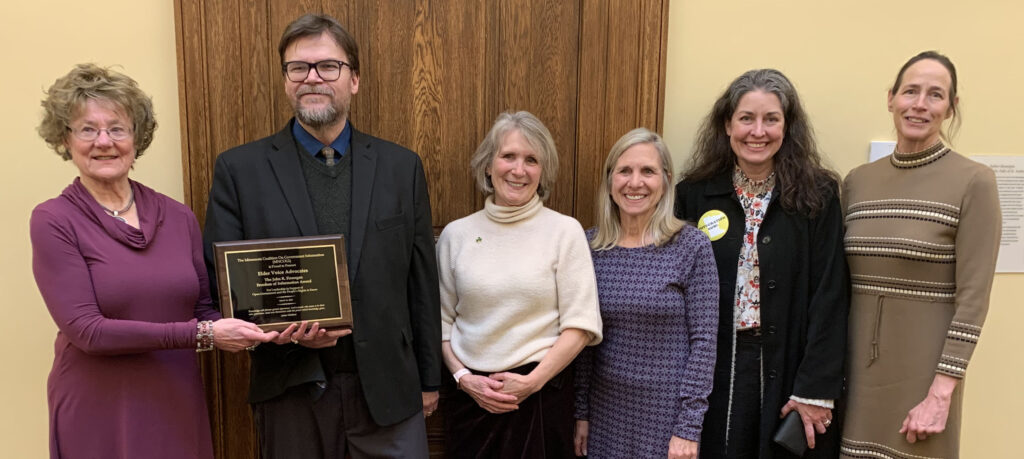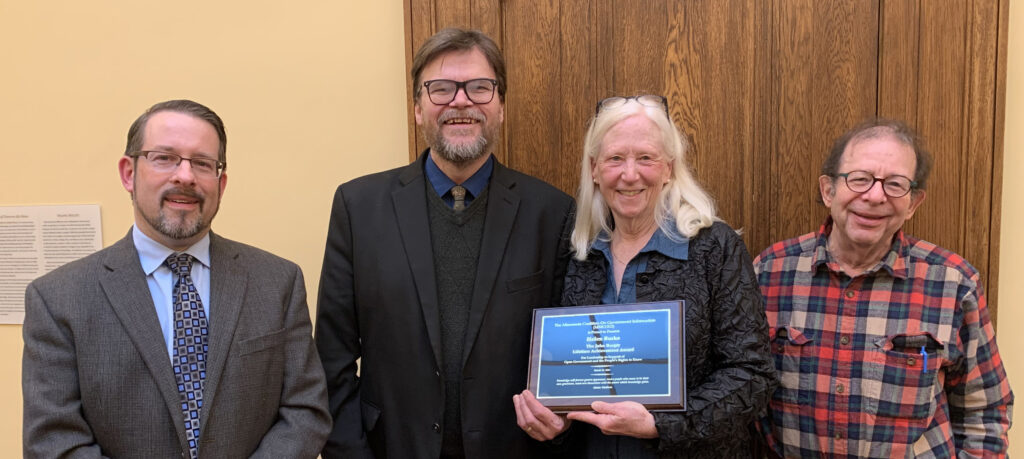We have detected a movement among some of Minnesota’s elected bodies—school boards, county boards, and city councils—to halt the broadcasting of public comment periods held during their open meetings. In these situations, government entities selectively broadcast only a portion of their meetings, while those segments reserved for public comment are excluded from broadcast.
We don’t think that’s good enough for a functioning democracy. No matter where a member of the public views a meeting from—in the city council chambers, or on a home laptop—everyone should be able to see the same meeting content. If a public body chooses to broadcast its open meetings, then it should broadcast the entire meeting—including any public comment period that is included.
Currently, broadcasting open meetings is discretionary, unless pandemic-era meeting rules are in effect. In 2023, we proposed legislation that would require elected bodies to broadcast their open meetings in non-pandemic situations, too. The proposal would also require that public comments periods—if held—be held during open meetings, so that they could be broadcast along with all other meeting content. MNCOGI got substantial public support from editorial boards at the Star Tribune and other newspapers for that stance.
Our efforts didn’t get anywhere in 2023. As is common during budgeting years, measures like this often get delayed until the following year’s “policy” session. It is our intention to vigorously pursue this matter in 2024.


